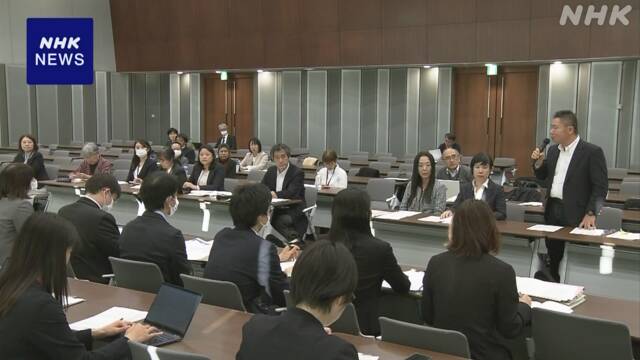In the early 2000s, a private support group submitted a request to the government requesting that children born to Filipino women and Japan men who came to Japan on so-called "entertainment visas" become adults and get into trouble when they come to Japan to find their fathers.
The number of singers, dancers, and other people from the Philippines who came to Japan for entertainment purposes peaked at more than 2004,8 in 2005, and the number declined in 20 when the Japan government tightened the issuance of "entertainment visas."
According to the National Network in Solidarity with Migrants, which supports foreigners living in Japan, about 14 years have passed since the peak, and the number of children born to Filipino women and Japan men has reached adulthood, and there has been an increase in consultations for people to come to Japan for the purpose of acquiring Japan citizenship or finding a father.
When these children come to Japan, there have been reports of troubles such as being forced to take on exorbitant debts from employment brokerage organizations and being forced to work with content different from the contract, so on the <>th, the support group decided to allow them to participate in training to learn about Japan's laws and life before coming to Japan. We submitted a request to the Ministry of Foreign Affairs and the Ministry of Justice to consult with the Philippine government.
Ms. Rieko Ito, who made the request, said, "I want the Japan government to take measures so that children with Japan fathers are protected as Japanese citizens."

